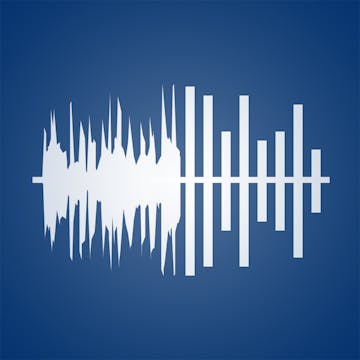

Цифровая обработка сигналов Часть 2. Дискретные и цифровые фильтры

Курс разработан Санкт-Петербургским государственным электротехническим университетом «ЛЭТИ» им. В.И. Ульянова при поддержке Санкт-Петербургского политехнического университета Петра Великого.
«Дискретные и цифровые фильтры» — второй курс специализации,...
Read more
Good to know
Save this course
Reviews summary
Second course in digital signal processing: filters
Activities
Career center
Signal Processing Engineer
Telecommunications Engineer
Audio Engineer
Medical Imaging Scientist
Control Systems Engineer
Data Scientist
Data Analyst
Biomedical Engineer
Geophysicist
Embedded Systems Engineer
Computer Vision Engineer
Robotics Engineer
Electrical Engineer
Financial Analyst
Software Engineer
Reading list
Share
Similar courses
OpenCourser helps millions of learners each year. People visit us to learn workspace skills, ace their exams, and nurture their curiosity.
Our extensive catalog contains over 50,000 courses and twice as many books. Browse by search, by topic, or even by career interests. We'll match you to the right resources quickly.
Find this site helpful? Tell a friend about us.
We're supported by our community of learners. When you purchase or subscribe to courses and programs or purchase books, we may earn a commission from our partners.
Your purchases help us maintain our catalog and keep our servers humming without ads.
Thank you for supporting OpenCourser.

